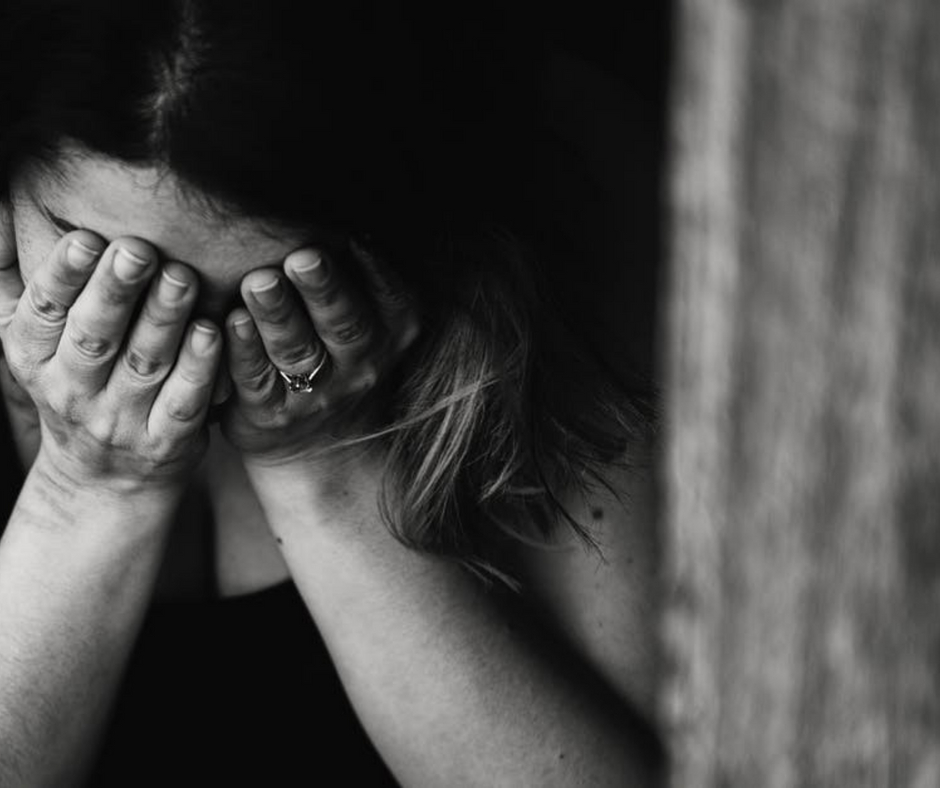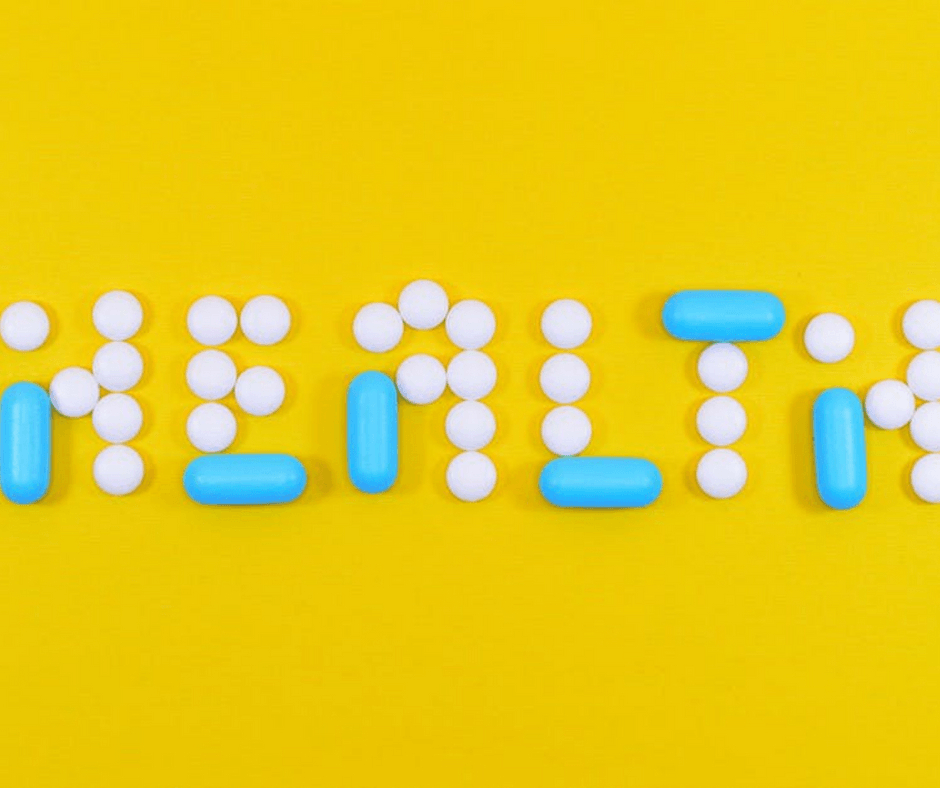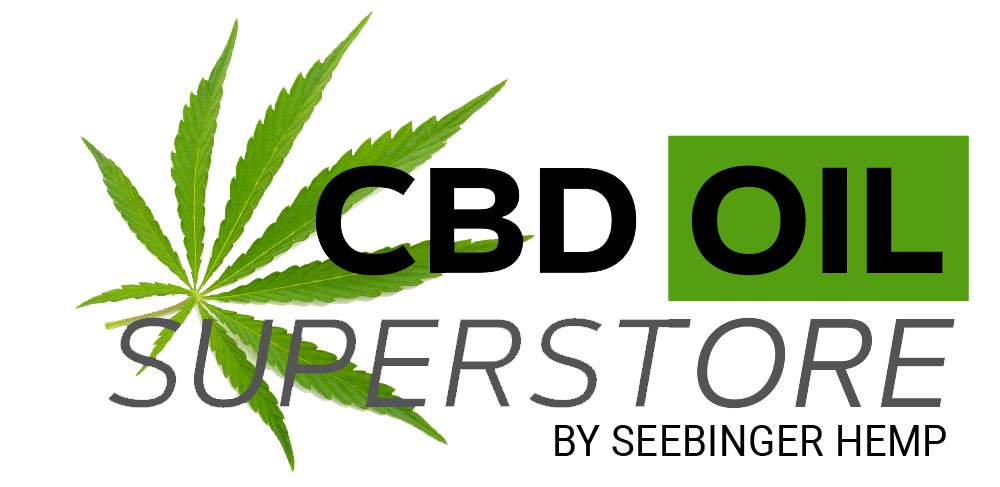Can CBD treat PTSD (Part 2)
Can CBD Treat PTSD?
What is PTSD?
Previously we stated PTSD is characterized by intrusive, involuntary, distressing remembering or re-experiencing, avoidance, negative alterations in cognitions and mood, and changes in arousal and reactivity following direct experience, witnessing, repeated or extreme exposure to aversive details, or learning of the occurrence to a close other of actual or threatened death, serious injury, or sexual violence.

How does CBD treat PTSD?
In a study from the Journal of Alternative and Complementary Medicine :Cannabidiol in the treatment of post traumatic stress disorder: a case study- Elms, Shannon and Lewis April 9, 2019- CBD taken in oral doses had statistically relevant positive result in reducing nightmares and general social anxiety disorder (SAD). It works by inhibiting FAAA compounds allowing the anandamide to bind preferentially to receptors which activate the endocannabinoid systems which contributes to natural feeling of well being without psychotropic side effects.
Can my VA doctor prescribe CBD?
Currently, VA physicians are only allowed to prescribed medications approved by the Food and Drug Aministration (FDA).New research every day is discovering more and more ways CBD can be used to promote and improve life without harmful side affects found in pharmacology. As those studies come to light and urge us toward FDA acceptance Seebinger Hemp is here to provide you with access to our line of organic hemp products which never require a physician prescription because there are no psychoactive compounds one beneficial CBD. Choose Seebinger for all your CBD needs and never have to worry about THC. You can safely use our products alone or with your current treatment plans. Our salves,cremes, lotions, oils, tinctures and edibles come in various concentrations and flavors to help everyone achieve their there desired level of well being. When you think CBD, think CBD Oil Super Store.
Recent Posts



